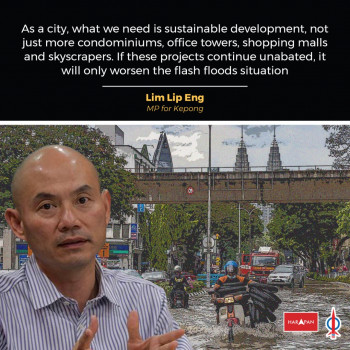by Muhammad Nazreen
He was known as the longest-serving MP in Labour history. He served as an MP for the Labour Party for twenty years, from 1963 to 1983. He gained enormous respect for his passion for freedom. Tony Benn was an extraordinary, whom I called one of finest statesmen in modern British history. Benn was born into a well-known political family. His father, Viscount Stansgate was a Liberal MP before he defected to become a Labour politician. Benn has joined ranks with Harold Wilson, Neil Kinnock, Sidney and Beatrice Webb as the towering figures of modern English-socialism.
He started his political career as a centre-right ideologue. He was, in fact, a part of the cabinet ministers during the premiership of Harold Wilson and James Callaghan, serving various portfolios under different ministries. Tony Benn was not remembered during his time in ministry, but soon after he left it.
He garnered attention when he forayed into the realm of left-politics in Britain. He immediately changed his stance: from a staunch centre-right supporter, he later became interested with radical-left discourse. That’s where he imagined his vision on socialism.
He became a stalwart to the poor, an adversary to the predatory capitalism and championed for the minorities. He held a Utopian dream in which society becomes one united front fighting against discrimination. He hated the fact that class-based politics in Britain had become more divisive and unequal. The poor were getting poorer but the rich were getting richer.
Tony Benn will always been remembered as an individual who disclaimed his own hereditary status. He was never proud with his social class. He denounced his peer status. When his father, Viscount Gasgate, died, he was conferred a peerage status that made him ineligible to sitting in House of Commons. He challenged the act and subsequently succeeded in pushing for the Peerage Act 1963 which states the right of the peerage to renounce their title. Benn was the first to be known as an individual that renounced his peerage.
Leo Panitch, in his Guardian column, stated that Benn should be looked at from two different dimensions. First, he saw himself as an aspiring politician who engaged seriously with democratic ambitions and capacities. Second, he took democracy so seriously. Despite his radical visions on the left, he was of the belief that democracy is the only road to achieve political ambition. He denounced violence as a tool for social revolution.
Although he remained committed to the Labour’s cause, he found himself a bit different from typical left-leaning politicians. He believed that socialism had never been about material progress. For him, democracy should open its space for people to confront views on complex modern society, where radical approaches are needed to grasp social change.
In 1971, when he addressed a lecture upon invitation from the Fabian society, a political think tank closely linked to the Labour party, he made a remarkable statement.
He said: “Some people argue that what people want now is a responsible and humane administration, distributing the fruits of the economy more fairly, rather than radical change, to win back public confidence in our capacity to run a modified capitalism. It is certainly true we must be responsible and humane and practical. But my impression is that the people, when they are confronted by the problems thrown up by modern society, demand more radical collective action, not less, and what we lack is not the means but the will to face the powerful forces in society that would be threatened if that change were carried through.”
Benn was an iconic leader to the youths. He had profound idealism on his mind. His speeches have been admirable to them. When he spoke during Left–Field, Glastonbury in 2008, he made a beautiful remark about the intricacy of music and idealism. He said that music has always been the language of internationalism.
He said: “Whether you’re a Muslim or Jew, a Japanese or Venezuelan, one decent thing about music is that everyone can appreciate the language of freedom without any significance to particular language. That’s where idealism is; you wouldn’t need a specific cause to believe in what you believe.”
His passion for activism gained him enormous respect. He devoted himself to opposition against war. In 2001, he helped to organise a coalition known as “Stop The War Coalition”, his greatest effort in organising campaigns against “Wars on Terror”. The coalition actively lobbied international organisations to put a stop to war.
He championed the cause against oppression anywhere in the world. He stood firmly against the British invasion of Iraq in 2003. He protested against military invasion in Falklands Island in 1982, and he held the view that the United Nations had unilateral power to settle the dispute. He must have been actively championing the right of minorities in Britain. He defended the Muslims against the rising tide of Islamophobia. He believed everyone should be given the right to voice their opinions, and that injustices should never been compromised.
Benn was one of the glittering statesmen who dedicated his entire life to campaigning against violence and oppression. At different times he was described – with some justification perhaps – as self-righteous, a crackpot and manic. But Benn was a compelling performer and when he spoke, people always listened. He died yesterday at the age of 88.



